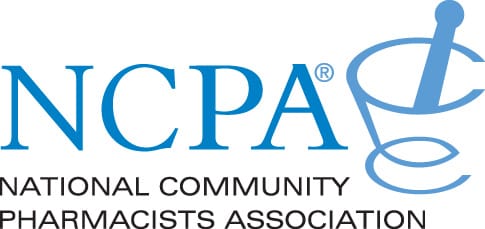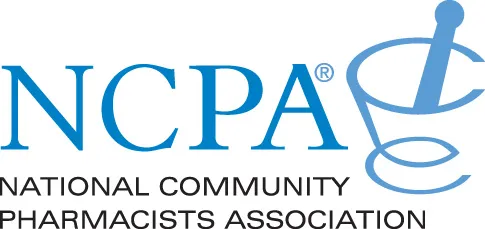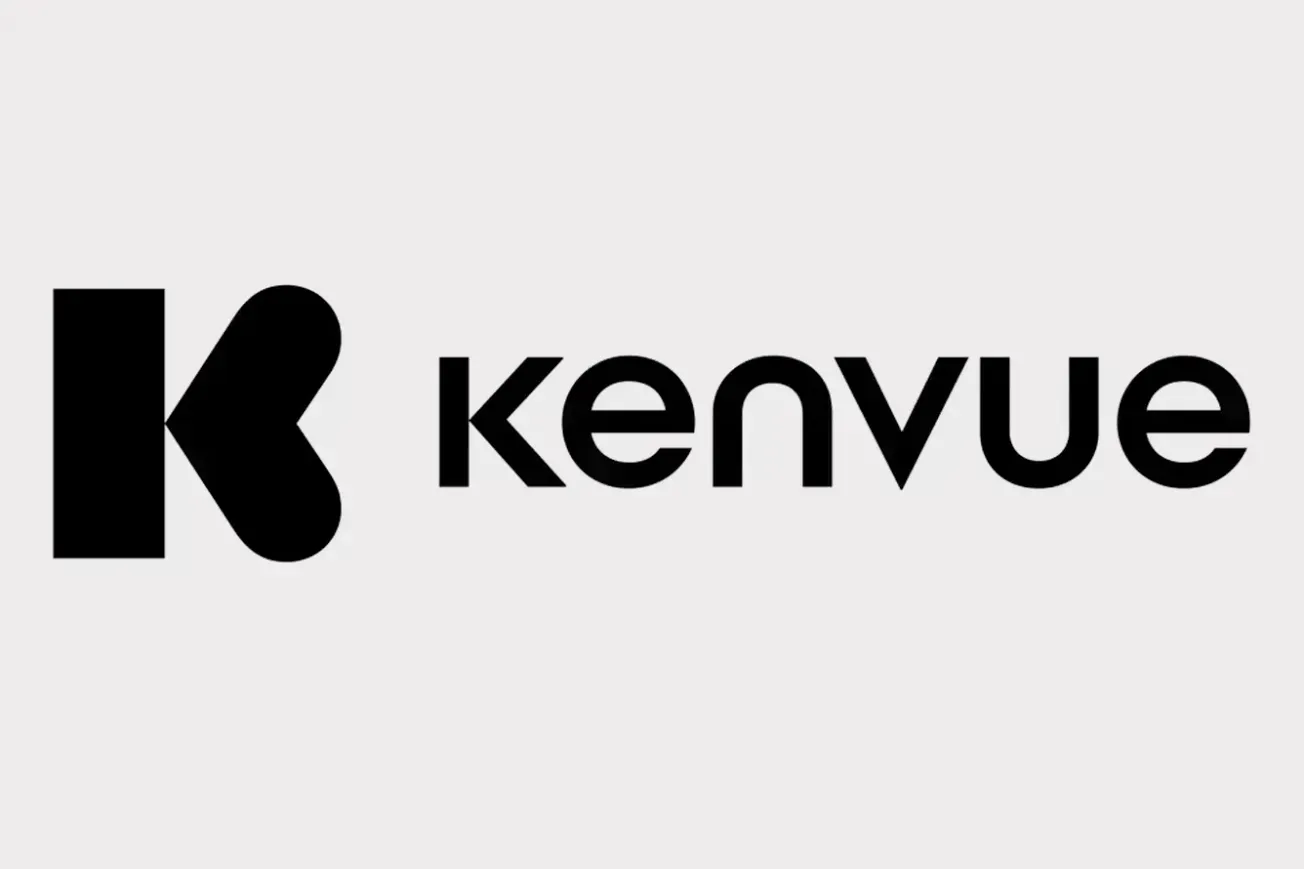ALEXANDRIA, Va. –The National Community Pharmacists Association, which represents the owners of 22,000 small businesses, is seeking clarification on community pharmacists’ ability to obtain the pass-through deduction under the Tax Cuts and Jobs Act. The association provided comments this week to Treasury Secretary Steven Mnuchin on the Qualified Business Income Deduction proposed rule. NCPA has long advocated for Congress to address tax fairness for small businesses, asserting that a reduced tax burden would relieve some financial strain on pharmacists and allow them to invest more in their business.

The Tax Cuts and Jobs Act, the new tax law signed by President Trump in Dec. 2017, provides individuals with a deduction of up to 20 percent of their qualified business income from a domestic business operated as a pass-through entity (a sole proprietorship, partnership, S corporation, trust, or estate). However, the Qualified Business Income Deduction proposed rule would expand the “specified service trade or business,” or SSTB, definition of “services performed in the field of health” to include pharmacists. This may keep them from receiving the pass-through deduction, as any health care professional under the SSTB definition would not receive it unless an exemption applies. In its letter to Secretary Mnuchin, NCPA is asking the Treasury Department to clarify regulations for the Qualified Business Income Deduction, or pass-through deduction, specifically related to community pharmacists’ right to obtain the pass-through deduction.
“The inclusion of pharmacists in the Proposed Rule … is overly broad and presents some factual distinctions that are necessary for appropriate application of the pass-through deduction,” NCPA wrote. “For example, the inclusion of pharmacists in the Proposed Rule may lead to the potential misapplication of the pass-through deduction because in the community pharmacy sector, most pharmacy owners are also the pharmacist and the pharmacist/pharmacy owner makes revenue from selling pharmaceuticals or medical devices that should not qualify their business as an SSTB.”





